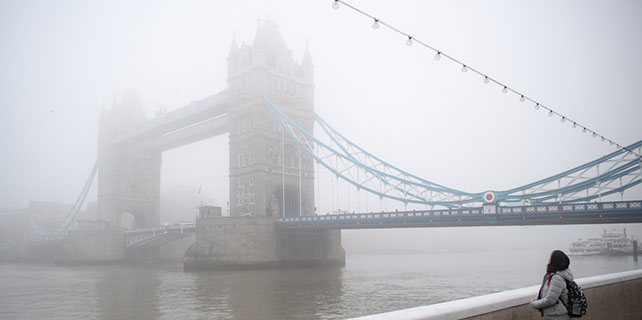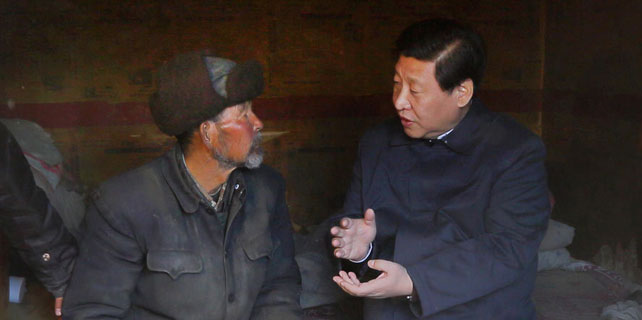Beijing: Trade war with US harms all
Chinese diplomats spoke out against the damage a trade war with the United States could cause to the global economy and reiterated their opposition to it days after Donald Trump assumed office as US president.
Their remarks came amid mounting speculation about possible trade conflicts between the world's two largest economies, given Trump's blunt rhetoric on trade with China. During the presidential campaign, Trump called China a currency manipulator and threatened to impose a 45 percent tariff on imports from the country.
Lu Kang, spokesman and director of the Foreign Ministry's information department, told NBC News on Tuesday that a trade war with the US is not what China wants, because it serves no one's interest and can only harm both sides.
"We don't want that, but it's not up to us. That needs efforts from both sides," he said, in a rare English-language face-to-face interview in Beijing.
While China hopes to emphasize that continuing the framework of China-US trade and economic ties serves the interests of both countries, Lu said, "we have to prepare for the bad to protect our legitimate national interests."
Chinese Ambassador to the United States Cui Tiankai also said on Tuesday that China opposes a trade war.
"It will inflict even more damage to the global economy," Cui told reporters on Tuesday on the sidelines of a reception at the Chinese embassy in Washington to mark the Lunar New Year.
Instead, Cui said, it is the inescapable responsibility of China and the US to help inject new momentum to propel global economic growth.
Calling China the world's largest single market, Cui said that if the US wants a bigger slice of this market and to benefit more from it, it should work with China for a stronger and more stable China-US economic and trade relationship.
On the same day, former US secretary of commerce Barbara Franklin also said a trade war would be destructive and expressed the belief that it can be avoided.
"A trade war, as some are predicting, harms both countries, creates uncertainties for many other countries, and is an activity that has no place anywhere in the interconnected global world of the 21st century," Franklin said. "So I think that this is not going to happen. I think it will be averted."
David Lampton, director of China studies at the Johns Hopkins University School of Advanced International Studies, said he is concerned about possible trade retaliation.
"I think if we do get into trade retaliation, it's lose-lose for both countries," he said. "We will see increasing trade friction for a while until each side makes an accommodation with the other."









